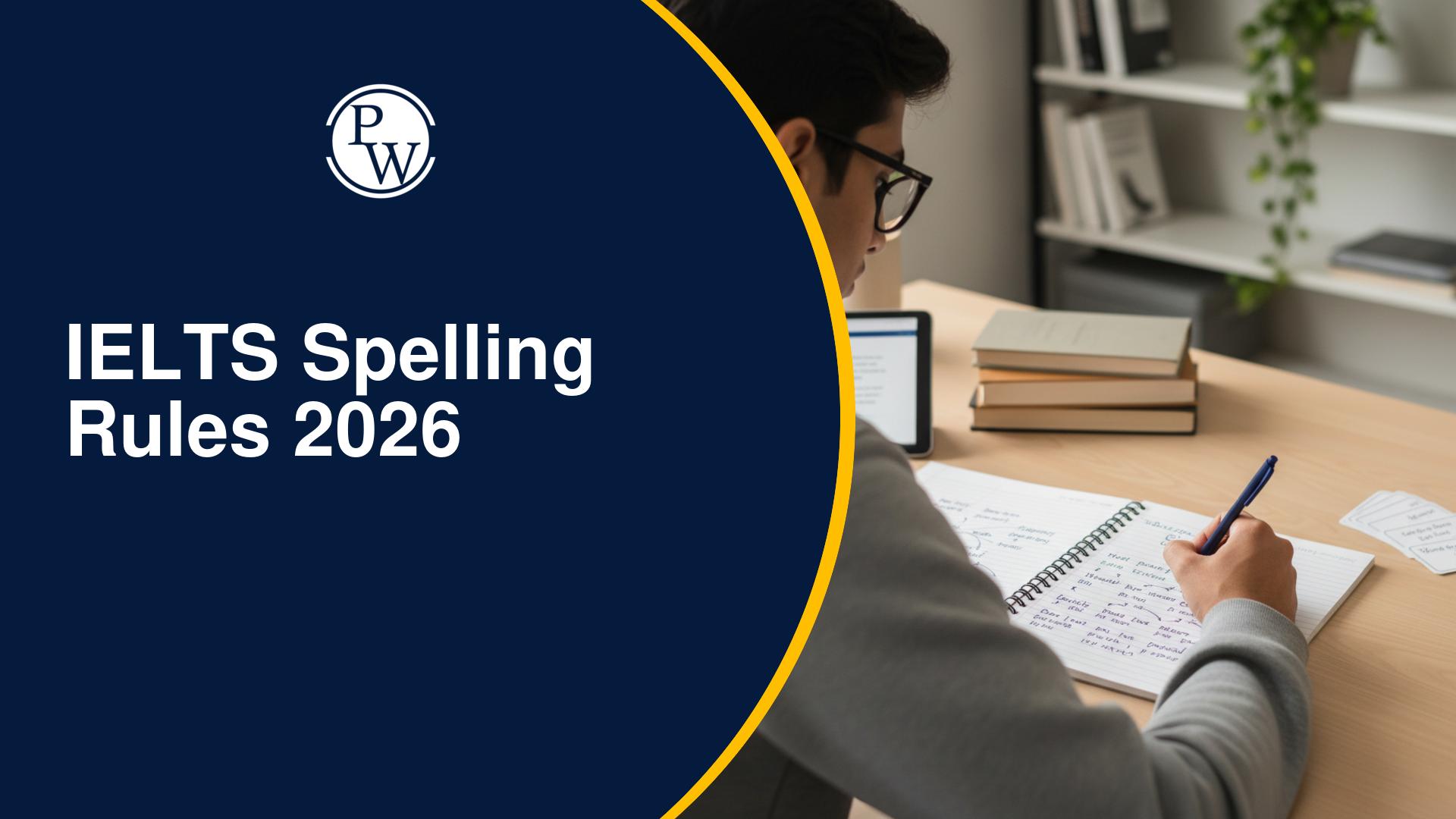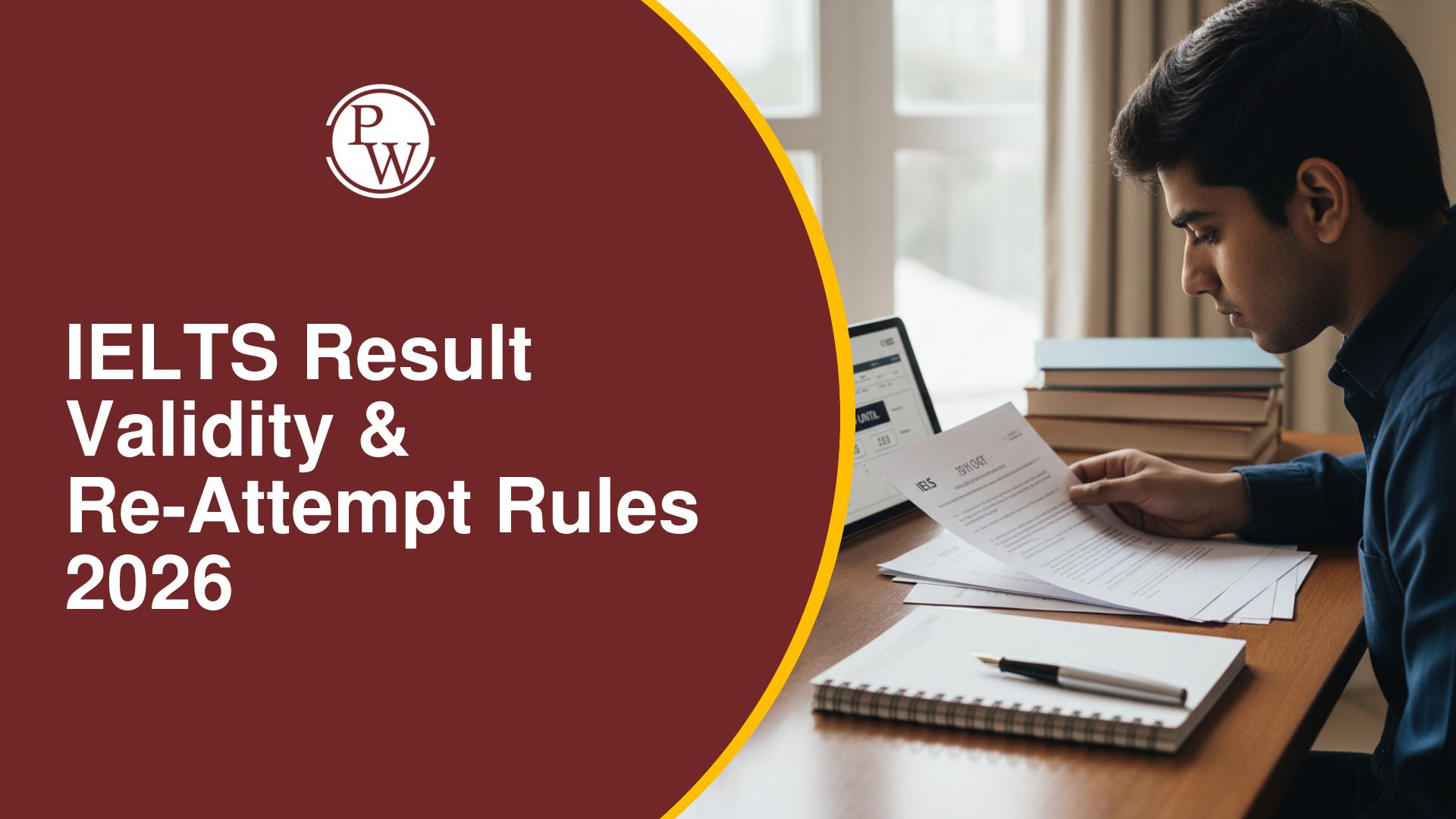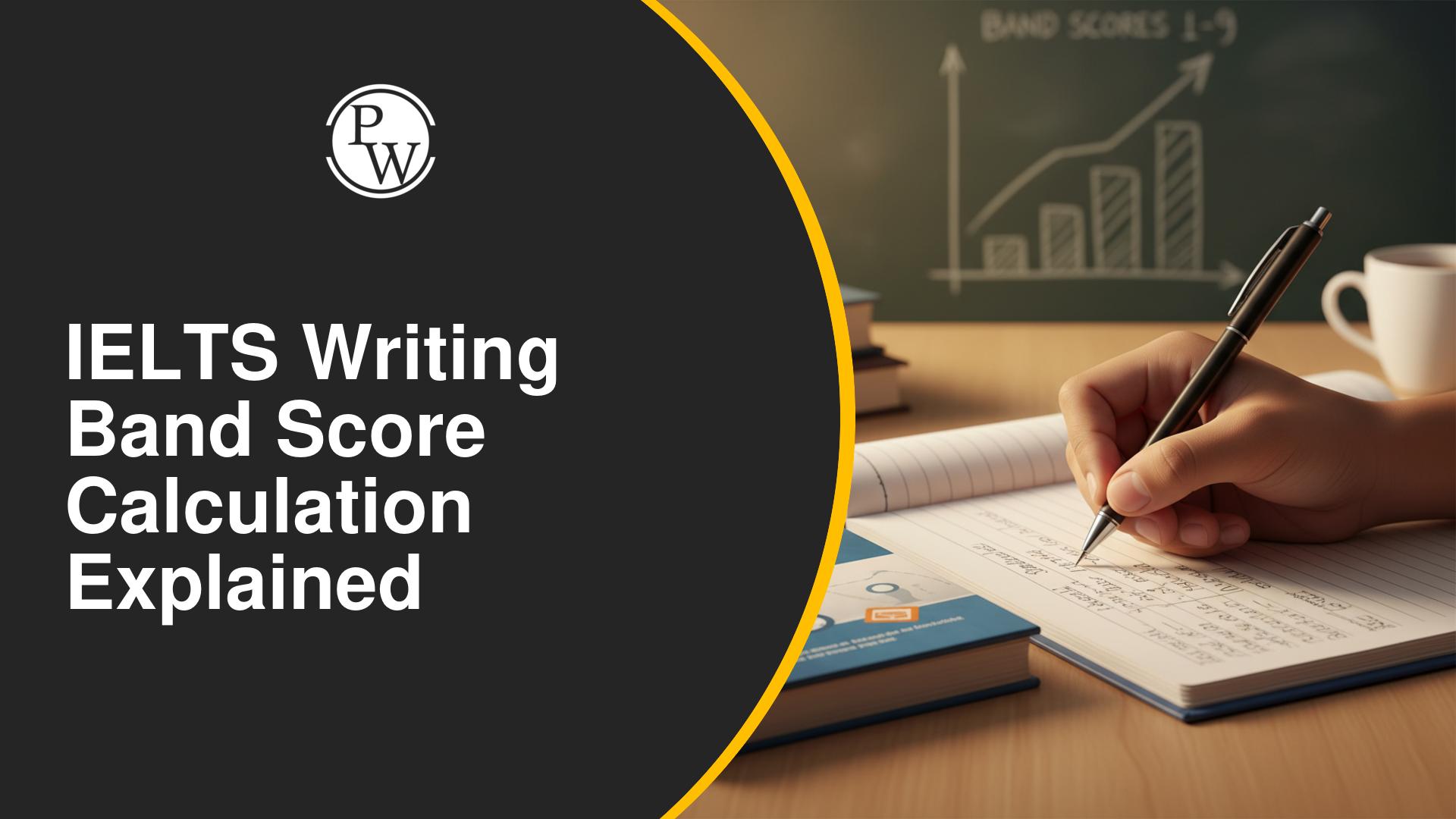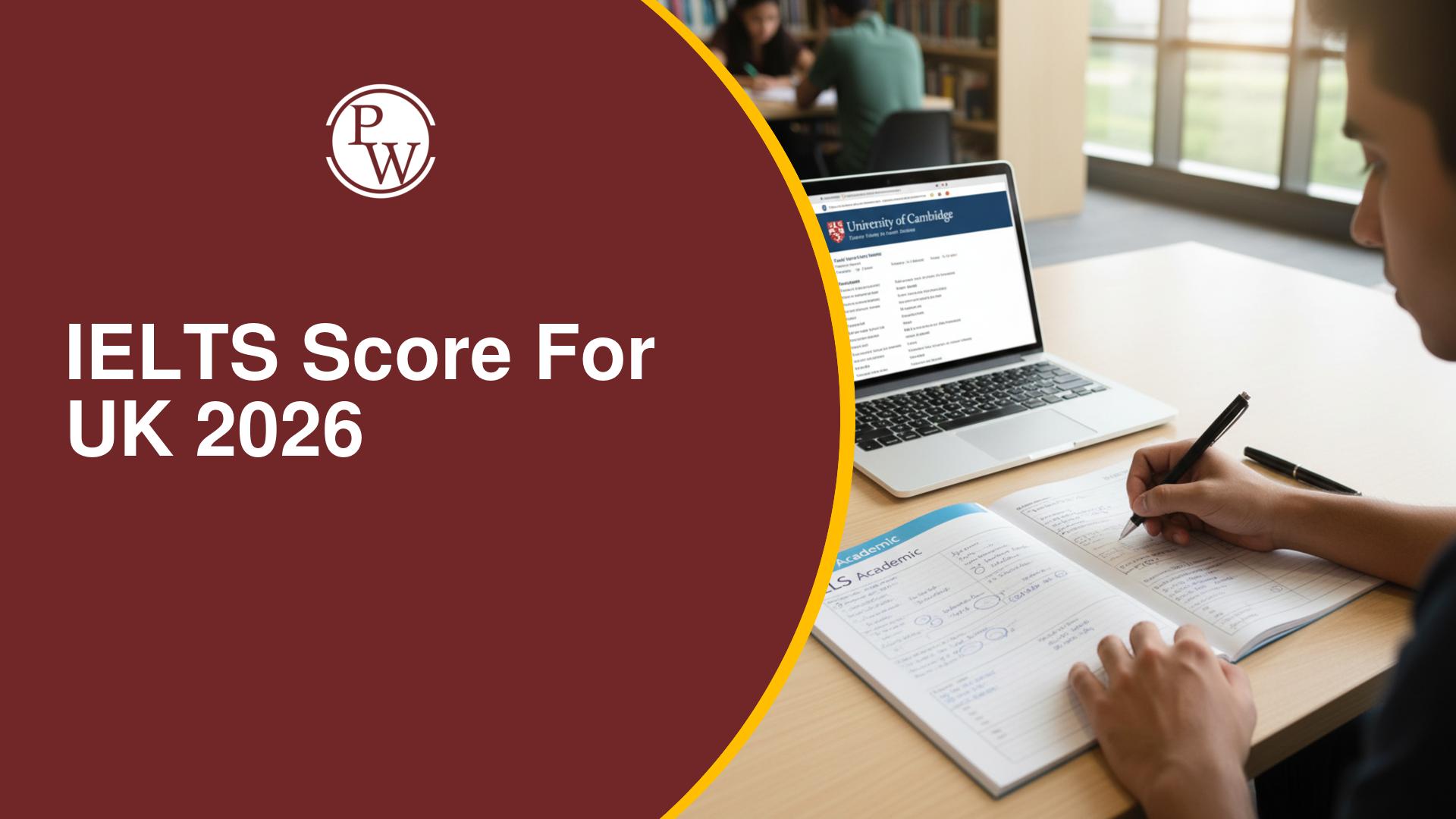
How to Practice IELTS Speaking: The IELTS Speaking test is often challenging for candidates due to its face-to-face interaction with an IELTS examiner. Many students feel nervous to speak in front of the examiner due to lack of confidence or other relevant difficulties. However, the Speaking test in the IELTS exam carries a heavy bandwidth in deciding the overall score. Therefore, doing well in the section is very essential.
To guide students or help them develop confidence in the IELTS Speaking Test, we have included some significant tips and tricks on how to practice IELTS Speaking. These strategies are develop after a keen analysation of the test pattern, questions types, and scoring system. Incorporating these tips will definitely help you better prepare for the test.
How to Practice IELTS Speaking?
The IELTS Speaking test has three parts. Each part tests a different skill. Let’s look at each part and how to practice it.
IELTS Speaking Part 1: Introduction and Interview
In the IELTS Speaking Part 1, the candidates are multiple questions on yourself, including your name, place, education, hobbies, and more. This part takes about 4-5 minutes.
Tips for IELTS Speaking Part 1
Here are some important tips to deal with the IELTS Speaking Part 1:
-
Prepare for common questions: Some questions come up often. For example, “Tell me about your hometown” or “What do you like to do in your free time?”
-
Don’t worry about making mistakes: Speak fluently without giving much attention to accuracy. Don’t stress about perfection.
-
Use different words: Do not repeat same words. Use synonyms to show strong command over English language.
-
Practice with someone: Ask your friends and family to speak with you in English to practice in real-life situations.
How to Practice?
Use the following strategies to practice for the Speaking test:
-
Spend 2-3 minutes answering common questions.
-
Try to answer the questions in a definite flow.
-
Record your answers and listen to them.
-
Take feedback from others.
Free IELTS Speaking Practice Tests, Download
IELTS Speaking Part 2: Individual Long Turn
The IELTS Speaking Part 2 includes a cue card with a topic. Candidates are given one minute to prepare, and then they news to speak for 1-2 minutes on the topic.
Tips for IELTS Speaking Part 2
Here are some important tips to deal with the IELTS Speaking Part 2:
-
Use your 1-minute preparation wisely: Write down key points you want to mention.
-
Structure your answer: Start with an introduction, then give details, and finish with a conclusion.
-
Practice with a timer: Try to speak for the full 1-2 minutes and record yourself to track your preparation.
-
Practice different topics: The topics can vary, so practice with different kinds of prompts.
How to Practice?
Use the following strategies to practice for the Speaking test:
-
Use IELTS cue card and set a timer for 1 minute to prepare. Then speak for 1-2 minutes.
-
Record yourself and listen to see if you stayed on track and within the time limit.
IELTS Speaking Part 2, Sample and Common Topics
IELTS Speaking Part 3: Two-Way Discussion
IELTS Speaking Part 3 is a deeper discussion about the topic from Part 2. This part lasts 4-5 minutes. The examiner will ask more detailed questions and give you a chance to talk about ideas and opinions.
Tips for IELTS Speaking Part 3
Here are some important tips to deal with the IELTS Speaking Part 3:
-
Practice discussing abstract topics: In this part, you might be asked about big ideas like technology or education. Try practicing these topics to explain your thoughts clearly.
-
Give detailed answers: Don’t just say “yes” or “no.” Explain your opinions with reasons and examples.
-
Use linking phrases: Use IELTS linking words to make your answers flow smoothly.
How to Practice?
Use the following strategies to practice for the Speaking test:
-
After practicing Part 2, ask someone to ask follow-up questions related to the topic.
-
Practice discussing different topics for a few minutes. Make sure to explain your thoughts clearly.
50 IELTS Speaking Part 3 Topics with Questions and Answers
Additional Tips for Effective IELTS Speaking Practice
Here are some extra tips to help you improve your speaking even more.
1. Speak English Every Day
Speaking regularly, even for a few minutes each day, helps build confidence and comfort over time.
How to Practice:
-
Set aside 10 to 15 minutes each day to speak in English.
-
Talk about your day. Describe your thoughts or explain something out loud in English.
2. Record Yourself and Listen
Recording your voice allows you to hear your spoken English and identify areas for improvement.
How to Practice:
-
Use your phone or computer to record yourself answering IELTS-style questions.
-
Listen to the recording and ask yourself.
-
Note anything you want to work on and try again.
Check:-
3. Work on Pronunciation and Intonation
Clear pronunciation improves understanding and adds meaning and makes your speech sound more natural.
How to Practice:
-
Watch videos of native speakers (on YouTube, podcasts, or movies)
-
Pay attention to how they stress certain words or change their tone.
-
Record yourself repeating what they say, then compare your version to the original.
4. Grow Your Vocabulary and Use Synonyms
A strong vocabulary helps you express your thoughts more clearly. It also shows the examiner that you can use a range of words, not just repeat the same ones.
How to Practice:
-
Learn a few new words each day, especially ones related to common IELTS topics like health, technology, education, or the environment.
-
Try using those new words in your daily conversations or writing.
-
Practice using synonyms instead of repeating the same word. For example, instead of always saying “big,” try “huge,” “large,” or “massive.”
5. Stay Calm and Be Confident
Feeling nervous is completely normal, especially during speaking tests. But staying calm helps your brain think clearly, and your English will come out more smoothly.
How to Practice:
-
Before you begin speaking, take a few slow, deep breaths to relax.
-
Remind yourself that it’s okay to make mistakes—what matters most is that you keep talking and express your ideas clearly.
-
Speak slowly and clearly. Confidence comes with practice.
Guidance of PW IELTS
Physics Wallah offers multiple online IELTS courses for all students. Follow the IELTS pages to better prepare for the exam.
| What is IELTS Exam? | Documents Required for IELTS Registration |
| IELTS exam eligibility requirements | IELTS Exam Fees |
| IELTS test results | IELTS Exam Pattern |
How to practice IELTS Speaking FAQs
What is the best way to practice for the IELTS Speaking test at home?
How can I improve my fluency for the IELTS Speaking test?
Should I use complex vocabulary in the IELTS Speaking test?
How important is pronunciation in the IELTS Speaking test?
Can I ask the examiner to repeat a question in the IELTS Speaking test?










